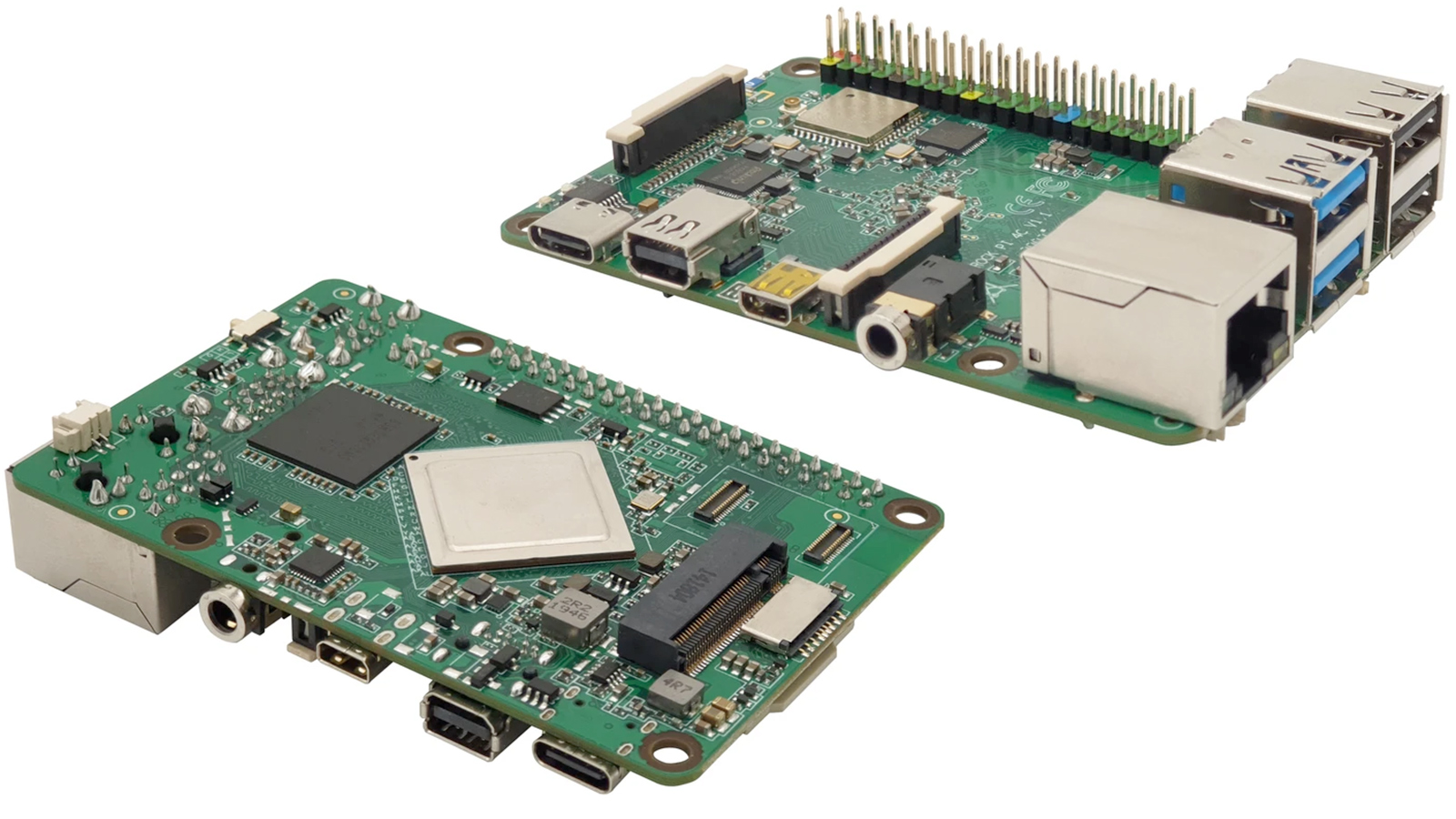The new Raspberry Pi Compute Module is smaller, faster and has greater connectivity
The new release is primarily for industrial and embedded applications

The Raspberry Pi Foundation has confirmed the launch of its latest model, announcing the release of the Raspberry Pi Compute Module 4. The compute modules are similar to the standard versions of the Raspberry Pi that have previously been released, except they boast a more flexible form factor, which makes them suitable for industrial applications.
“It’s become a tradition that we follow each Raspberry Pi model with a system-on-module variant based on the same core silicon. Raspberry Pi 1 gave rise to the original Compute Module in 2014; Raspberry Pi 3 and 3+ were followed by Compute Module 3 and 3+ in 2017 and 2019 respectively,” Eben Upton, the Chief Executive of Raspberry Pi Trading, explained.
“Only Raspberry Pi 2, our shortest-lived flagship product at just thirteen months, escaped the Compute Module treatment. It’s been sixteen months since we unleashed Raspberry Pi 4 on the world, and today we’re announcing the launch of Compute Module 4, starting from $25."
- The best Raspberry Pi distros available today
- The best Raspberry Pi add-ons ranked
- The best Linux distros for developers
The Compute Module 4 is built using the same 64-bit quad-core processor as the one used for the standard model of the Raspberry Pi 4, but it also boasts faster CPU cores, more interfacing capabilities, a wireless connectivity option and much more to improve its suitability for deeply-embedded applications.
More for your money
Amazingly, the Raspberry Pi Foundation has once again managed to improve the specs of its latest device without making customers pay any more. The four variants of the Compute Module 4 with 1GB of RAM and no wireless connectivity remain at the same price points as their respective Compute Module 3+ iterations ($25, $30, $35 and $40).
Developers can also now purchase a Compute Module 4 IO Board if they are in need of more inputs and outputs to help with their product development. The board comes equipped with two full-size HDMI ports, a Gigabit Ethernet jack, two USB 2.0 ports and a host of other features.
Are you a pro? Subscribe to our newsletter
Sign up to the TechRadar Pro newsletter to get all the top news, opinion, features and guidance your business needs to succeed!
Barclay has been writing about technology for a decade, starting out as a freelancer with ITProPortal covering everything from London’s start-up scene to comparisons of the best cloud storage services. After that, he spent some time as the managing editor of an online outlet focusing on cloud computing, furthering his interest in virtualization, Big Data, and the Internet of Things.
